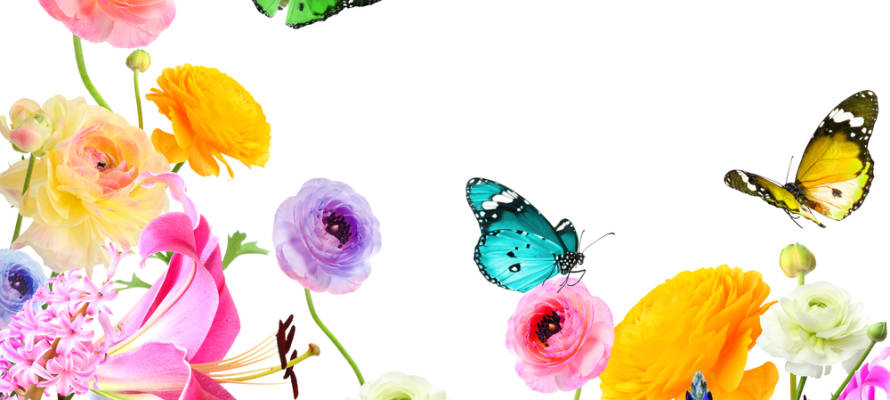
By Rabbi Ari Enkin, Rabbinic Director, United with Israel
The Torah requires us to be “b’simcha” (in a state of happiness) on all our holidays and to ensure that the members of one’s household are in a joyous mood as well.
Although “being happy” is something that most of us, Jew and Gentile alike, strive for every minute of every day, Torah Law actually mandates this state of mind as an absolute “requirement” during Jewish festivals. It is quite fascinating that Judaism, with all of its intricate laws and rituals, counts “being happy” as one of the 613 commandments that every Jew MUST fulfill – every single holiday (and hopefully every day of the year too)!
The Torah requires us to be b’simcha (in a state of happiness), on all our holidays and to ensure that the members of one’s household are in a joyous mood as well. In order to achieve this it is recommended that one purchase jewelry or clothes for one’s wife and candies for one’s children. It is especially important to be charitable before the holidays to ensure that the needs of the poor are taken care of, as well. One should not be stingy with one’s holiday purchases. Indeed, we are taught that on Rosh Hashana, one’s financial income is decided for the entire year with the exception of Shabbat and Holiday expenses, for which one is ultimately reimbursed.
Before the holiday (Yom Tov) meals, one is required to recite the kiddush (sanctification of the day) just as is done on Shabbat. However, the requirement to do so on Yom Tov is rabbinic in nature rather than from the Torah as is the case on Shabbat. Similarly, one is also required to begin the Yom Tov meals by reciting the blessing upon two whole loaves of bread (on Passover: substitute Matzoh, NO Bread!). Nevertheless, there is no requirement to hold a third meal on Yom Tov, nor a meal at its conclusion as is done on Shabbat. Some individuals make an effort to hold a third meal on Yom Tov in deference to a minority view which teaches that one should do so on Yom Tov as well.
One should make an effort to eat meat and drink wine at the holiday meals in fulfillment of the dictum that “there is no joy, except with meat and wine.” However, most contemporary authorities argue that since the destruction of the Holy Temple, meat does not arouse the same level of joy that it once did. As such, the obligation to hold a meal with foods of “joy” may be discharged with serving wine or grape juice at the holiday meals. Those who prefer chicken or turkey would be entitled to use those foods for the “joy” requirement as well. A fish dish is also said to reflect the joyous nature of an event. One should prepare even more foods for the Yom Tov meals than one does for the weekly Shabbat meals. We are taught that the clothes worn on the holidays should actually be nicer than those reserved for Shabbat! This is because one of the ways of arousing feelings of happiness is by wearing exceptionally fine clothing.
Happy Passover from Israel! And remember to be – and stay – HAPPY!


Do You Love Israel? Make a Donation - Show Your Support!
Donate to vital charities that help protect Israeli citizens and inspire millions around the world to support Israel too!
Now more than ever, Israel needs your help to fight and win the war -- including on the battlefield of public opinion.
Antisemitism, anti-Israel bias and boycotts are out of control. Israel's enemies are inciting terror and violence against innocent Israelis and Jews around the world. Help us fight back!



